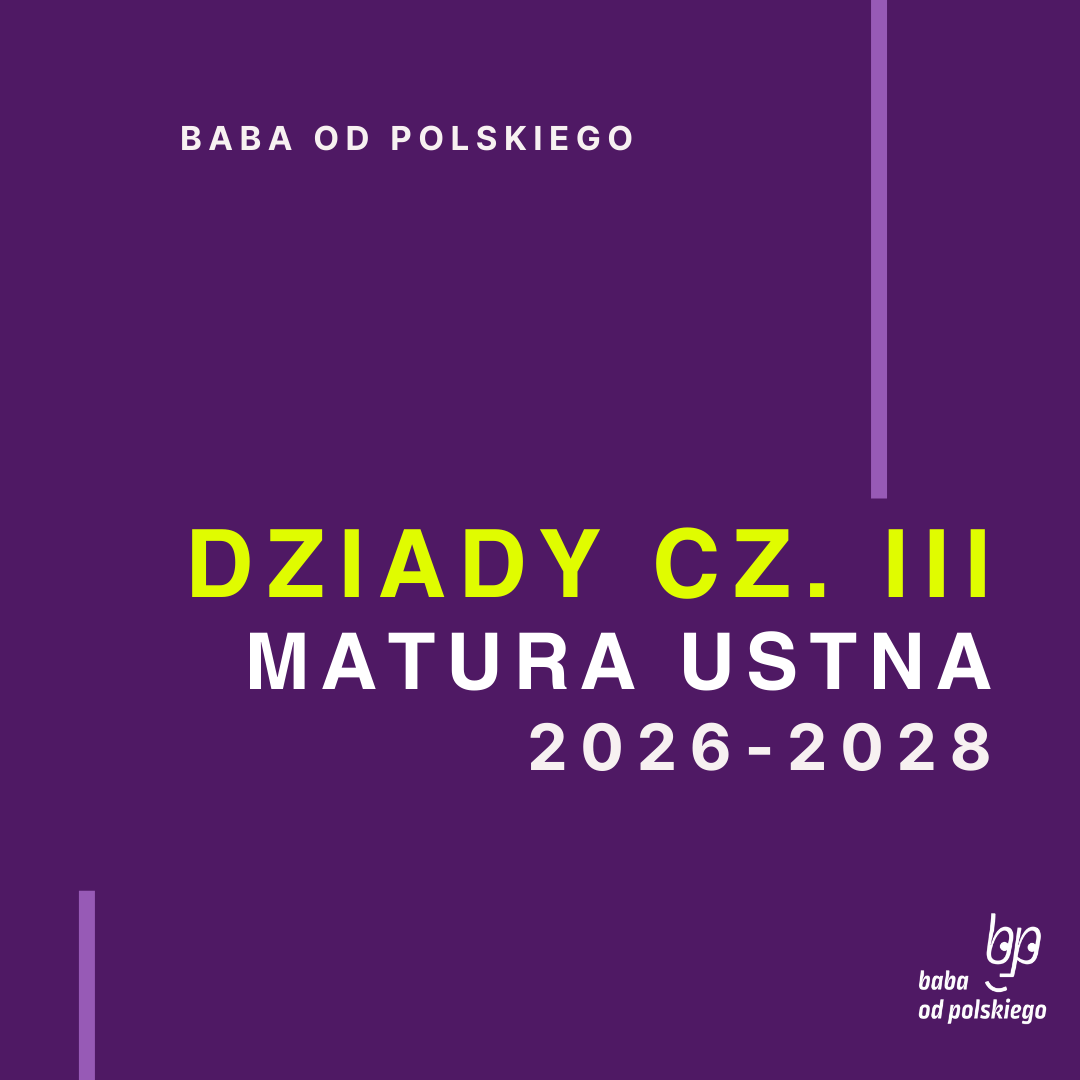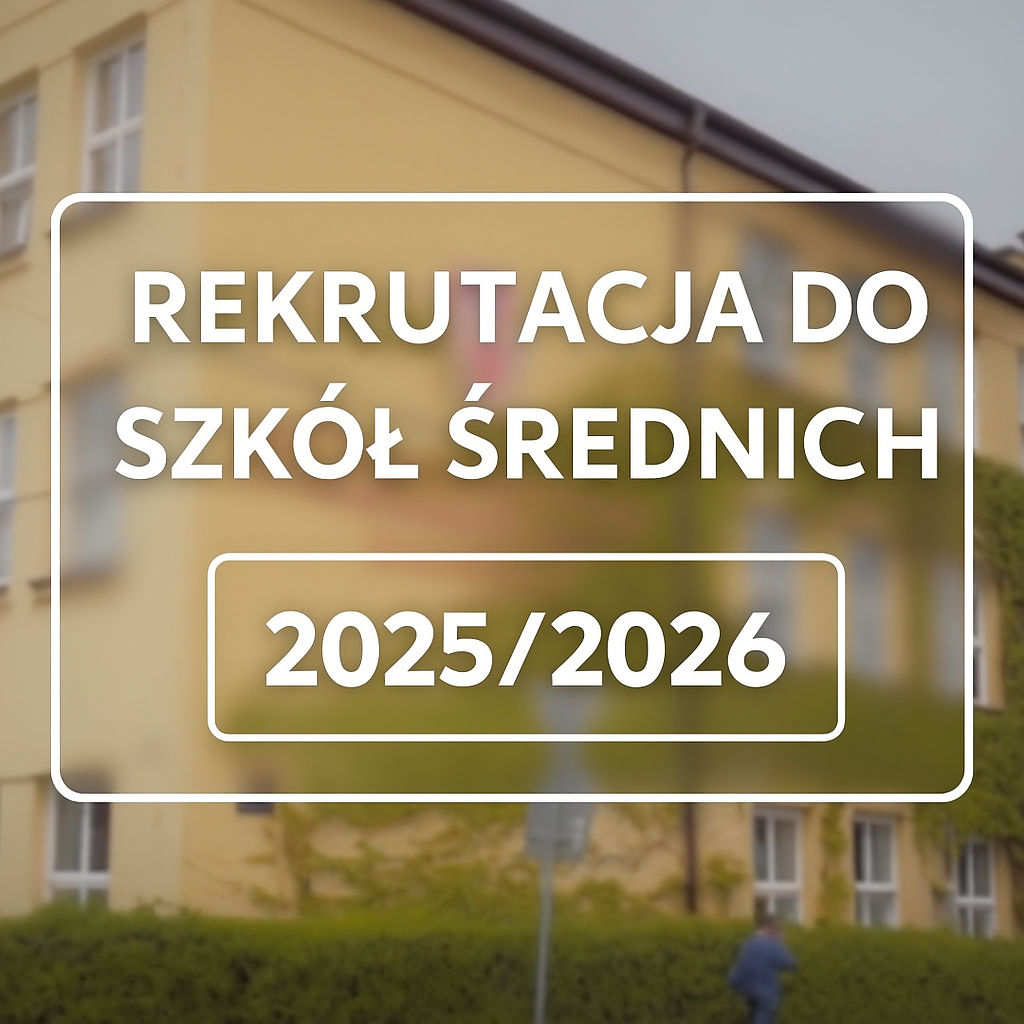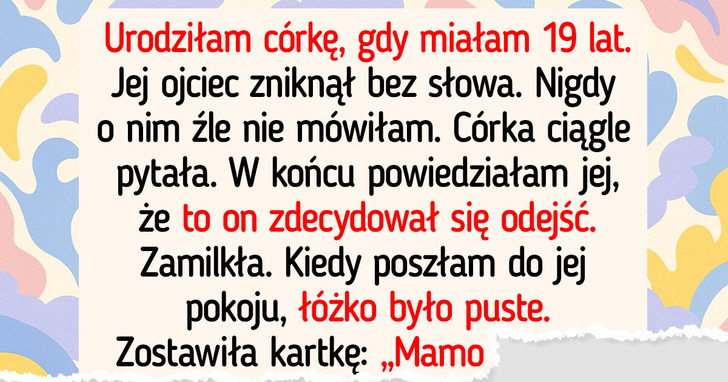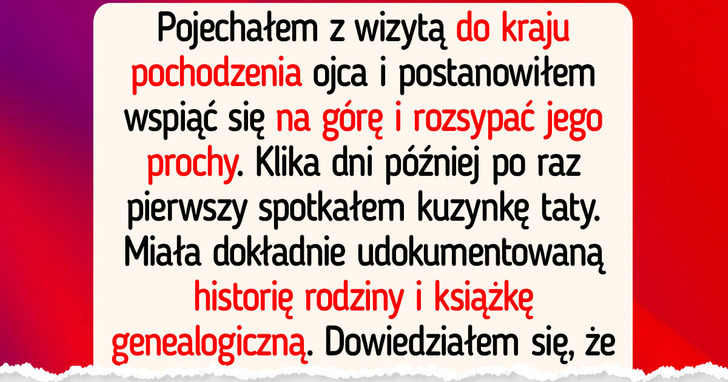Karol Ciuchciński, Grzegorz Czerwonka, Przemysław Decewicz, Zofia Godlewska, Katarzyna Misiołek, Katarzyna Zegadło, Michał Styczyński & Łukasz Dziewit
Degradation and erosion of soil is a significant threat to global food security and overall agricultural productivity. This issue is exacerbated by climate change and intensive human activity, meaning that the development of sustainable solutions for those problems is critical. Microbially induced calcite precipitation (MICP) offers a promising approach to stabilise soil particles; however, its applicability at low temperatures remains limited. In our study, we introduce a novel two-strain system combining the type strain for biocementation experiments, Sporosarcina pasteurii DSM 33, and Sporosarcina sp. ANT_H38, a novel, psychrotolerant strain obtained from the Antarctic. The novel strain enabled enhanced biocementation performance when combined with the type strain. Biocementation experiments showed a 3.5-fold increase in soil cohesion, while maintaining a similar internal friction angle compared to the type strain alone (10.7 kPa vs 34.12 kPa; 0.55 kPa for untreated soil). The increased cohesion significantly reduces susceptibility to erosion, offering a practical and sustainable solution. Furthermore, to better understand the mechanisms driving this process, we conducted a comprehensive bioinformatic analysis of the ANT_H38 genome, revealing unique cold-adaptive genes, as well as urease genes, which are evolutionarily distant from other Sporosarcina ureases. Those results provide valuable insights into the strain’s functional adaptations, particularly under low-temperature conditions. Overall, our study addresses
a critical issue, offering a robust, nature-based solution that enhances soil resilience through MICP. Performed laboratory work confirms the potential of the system for real-world applications, while the comprehensive bioinformatic analysis provides the much needed context and information regarding the possible mechanisms behind the process.














